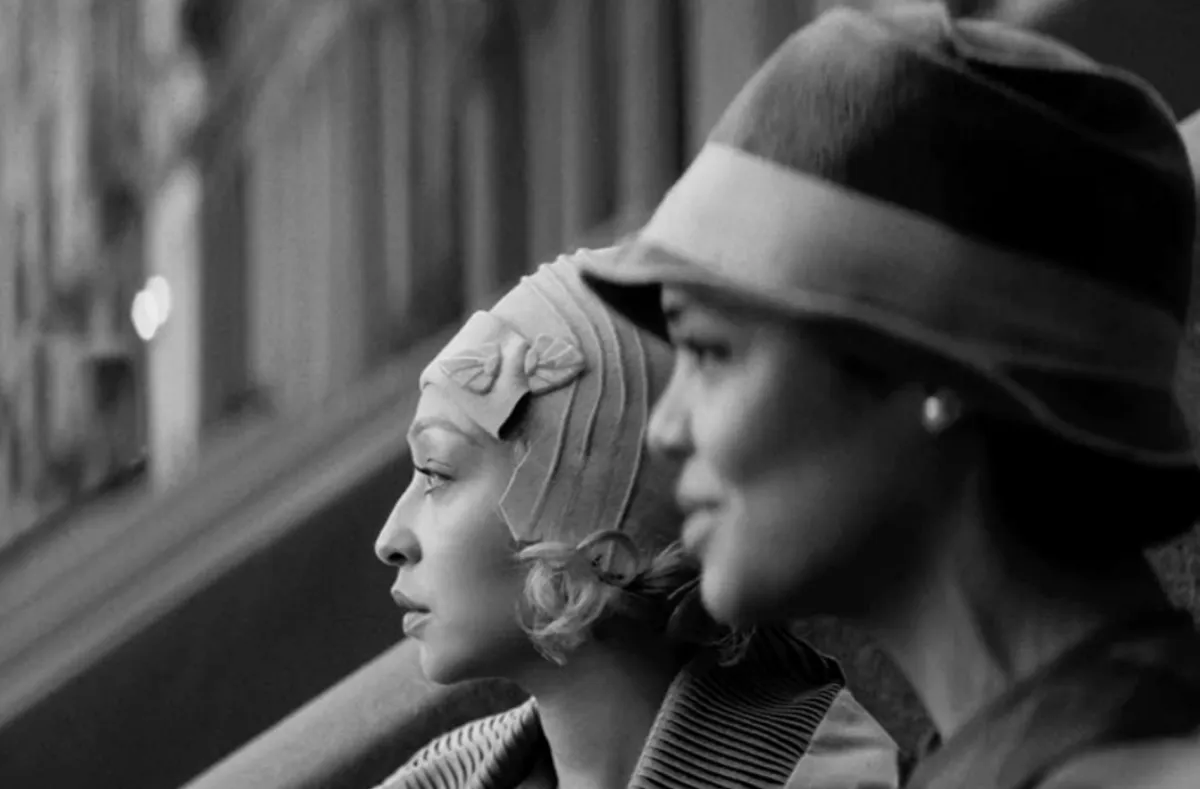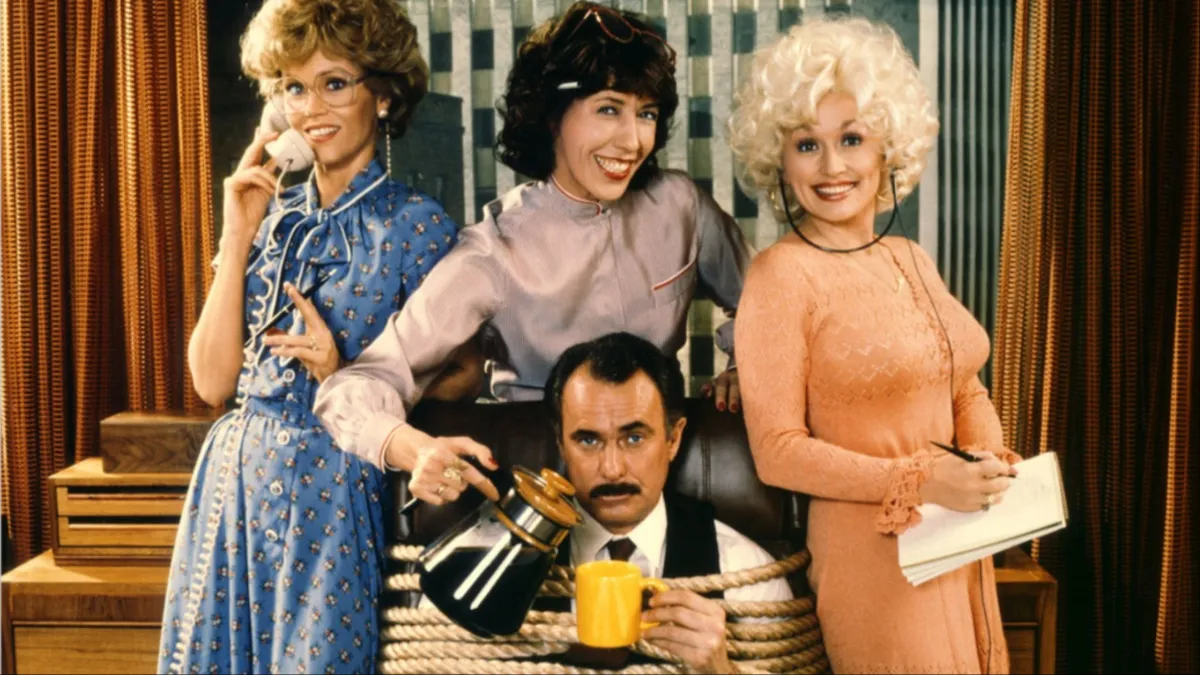The upcoming film Passing, based on the Nella Larson novel by the same name, tells the story of two Black women, Clare Kendry-Bellew and Irene Redfield, both of whom can pass for white. One chooses not to (Irene), and one does (Clare).
Directed by Rebecca Hall, who is herself a mixed-race woman who passes for white, Ruth Nega and Tessa Thompson play Claire and Irene, respectively, which has led to some in real-life discussion on whether they themselves would “pass.”
Now, I would never look at either of these women and think they pass for white, but then again, I also wouldn’t look at Meghan Markle and think that, either. Yet, we have seen many white British people use her lighter complexion and more Eurocentric-leaning phenotype to excuse their own racism because she doesn’t seem Black. This is despite the closest member of her biological family being her Black mother.
This is because, as Nella Larson’s book seeks to explore, Black people often do not pass to each other. We “clock” each other through mannerisms and details that are familiar from living with Black folks, whereas non-Black folks would be quicker to label them as racially ambiguous. But even within that, there are still grey areas.
Vivian Liberto, the first wife of outlaw country singer Johnny Cash, is Sicilian, but due to her phenotype, was harassed by the KKK for being Black. An article from the Washington Post says that leaders of the racist National States’ Rights Party in Alabama wrote about the Cashes’ “mongrelized children.”
In 2021, on the PBS Show Find Your Roots, it was revealed that “Vivian Cash’s maternal great-great grandmother was indeed an enslaved Black woman, Sarah Shields, whose White father in 1848 had granted her and her eight siblings their freedom and their passage into Whiteness, too. Shields married a White man — albeit illegally — and by the time Jim Crow arrived in the 1930s all of her children and their descendants were listed as White.”
Even in this, we see that, yes, there was an element of passing in Liberto’s ancestry, but it was so far back that it truly wouldn’t have been a part of her own concept of herself. Yet, it doesn’t matter. To be seen by white people as Black is enough, because none of this is actually about Blackness; it is about keeping Black people out of whiteness.
That was what happened in the Rhinelander Case, which is brought up in the book Passing, in which Leonard Kip Rhinelander, a rich white man, attempted to annul his marriage to Alice Beatrice Jones, claiming fraud because she didn’t tell him she was “colored.” He lost the lawsuit when she took off her clothing to prove that she could be seen as colored by anyone who’d seen her naked.
But more than anything, to pass in society is to sever ties to your community and parts of yourself. It is a small death, a cut to the soul, in order to live a better life. Yet, the story of Claire and Irene, the reason it is so rich and wanting to be told, is that a part of you seeks out that family, that community, because it hurts to leave it. The price of going back becomes too great.
I personally still feel that a casting like Troian Bellisario would have been stronger in the role (after all, Bellisario has a Black mother and “passes” for white), but regardless, I think Hall chose two actresses who will be able to pull off the emotional complexity of the roles.
(image: Netflix)
Want more stories like this? Become a subscriber and support the site!
—The Mary Sue has a strict comment policy that forbids, but is not limited to, personal insults toward anyone, hate speech, and trolling.—









